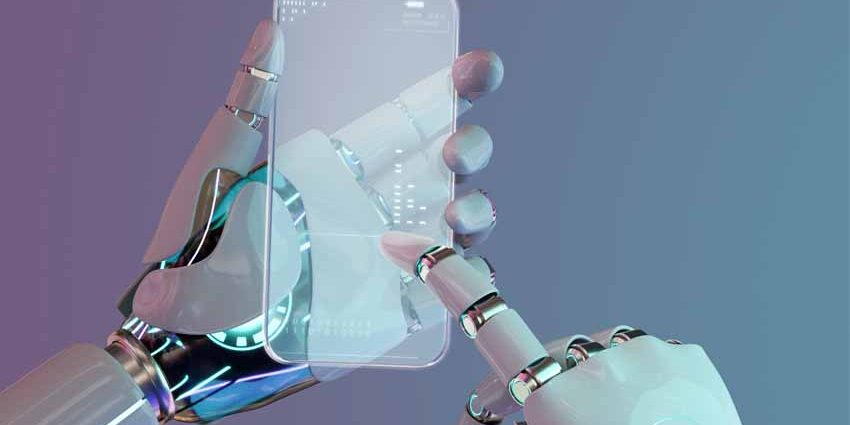How will artificial intelligence impact food innovation? The food sector is far from oblivious to the revolution that is artificial intelligence (AI), which is emerging as a transformative force, promising to redefine every link in the food value chain.
From optimising agricultural production to personalising the shopping experience, AI is driving a wave of innovation that not only improves operational efficiency, but also responds to the changing demands of the modern consumer. With the ability to analyse huge data sets and predict trends with unprecedented accuracy, this technology is helping businesses anticipate customer needs, reduce waste and deliver healthier, more sustainable products.
How can artificial intelligence be applied to food innovation?
Here are some of the ways in which artificial intelligence is changing the rules of the game:
- Precision farming:
- Drones and sensors: These are used to monitor crop health, identify pests and diseases, and optimise irrigation and fertilisation. The data collected allows farmers to make informed decisions to maximise yields and reduce resource use.
- Predictive analytics. AI models that analyse weather and soil data to predict the best time to plant, irrigate and harvest.
- Supply chain optimisation:
- Inventory management: AI algorithms that predict demand and automatically adjust inventory levels to minimise wastage and avoid stock-outs.
- Logistics and distribution: AI-optimised delivery routes to reduce costs and transport times, improving efficiency in food distribution.
- Development of new products:
- Consumer trend analysis: AI analyses large volumes of social media, survey and sales data to identify new consumer trends and preferences, enabling companies to develop innovative products that respond to these demands.
- Simulation and testing: Using AI models to simulate how new ingredients and formulations will affect the taste, texture and shelf life of food products before bringing them to market.
- Personalisation of the consumer experience:
- Product recommendations: E-commerce platforms that use AI to provide personalised recommendations based on each customer’s preferences and purchase history.
- Virtual assistants: Chatbots and voice assistants that help consumers find recipes, plan meals and shop online more efficiently.
- Food safety and quality control:
- Contaminant detection: Computer vision and machine learning systems that identify contaminants and defects in food during the production process.
- Traceability: Blockchain and AI algorithms that track the origin and path of food products throughout the supply chain, ensuring transparency and safety.
- Sustainability:
- Reducing food waste: Algorithms that analyse consumption and shelf-life patterns to optimise food management and reduce waste in supermarkets and households.
- Alternative food production: Research and development of sustainable alternatives such as lab-grown meat and plant-based proteins, driven by data analytics and optimisation through AI.
Who stands to benefit from these new technologies?
AI threatens to disrupt the share of big brands as it facilitates new, smaller brands and can significantly improve the quality of private label brands.
For a start, new direct-to-consumer start-ups will have the ability to analyse thousands of pieces of data in real time, as well as to target “profitable niches”, thus securing share from the big brands.
Hungarian brand Hell Energy has created what it claims to be the first fully AI-powered energy drink. When Hell Energy commissioned AI to develop a new energy drink, it not only took into account consumers’ expectations of an energy drink, but also prioritised the goal of creating a superior and more enjoyable drink. Every element of the new taste, the carefully selected ingredients, the design and even the marketing elements were developed by AI, which even tested it. It also ensured compliance with current legislation in the food and beverage industry, and when three flavours were digitised, it selected the variant most likely to make the drinking experience more enjoyable.
Those who are able to make use of precision nutrition can also gain a substantial market share.
ZOE x M&S: UK retail giant Marks & Spencer has come out with a drinkable product that promises to be a great ally for the microbiota in collaboration with ZOE, a personalised nutrition programme. While it is true that the product raises some scepticism among some consumers, the science and technology behind ZOE (making use of AI to generate its personalised nutrition programmes) seems to be a great endorsement for this new launch.
However, care must be taken because there may be cases where AI is perceived as negative, artificial. It should be borne in mind that natural ingredients are a very important purchasing factor.
Tropicana launches its “Tropcn” line, a limited edition packaging that eliminates the letters IA indicating that “artificial” is not in its DNA.
